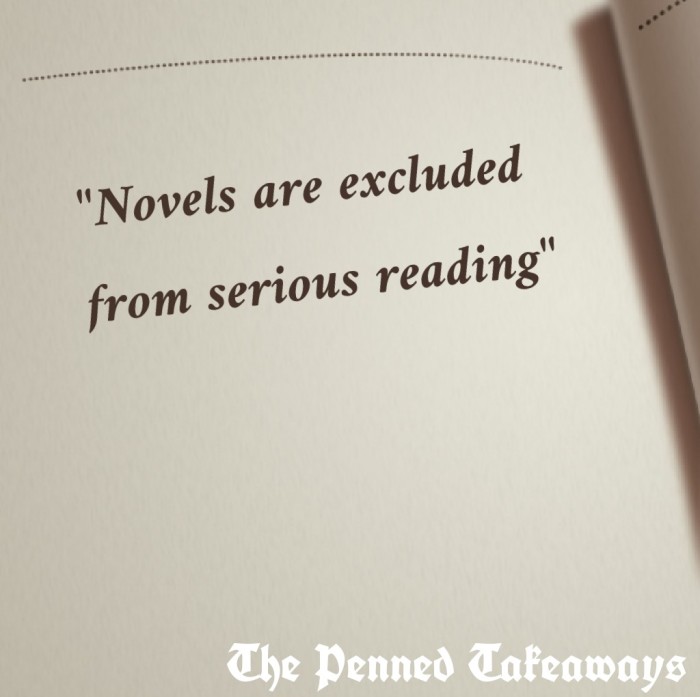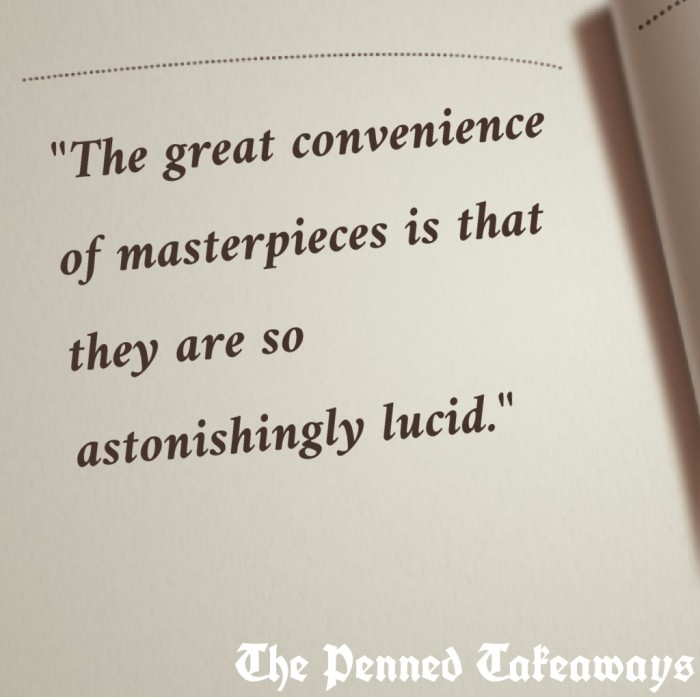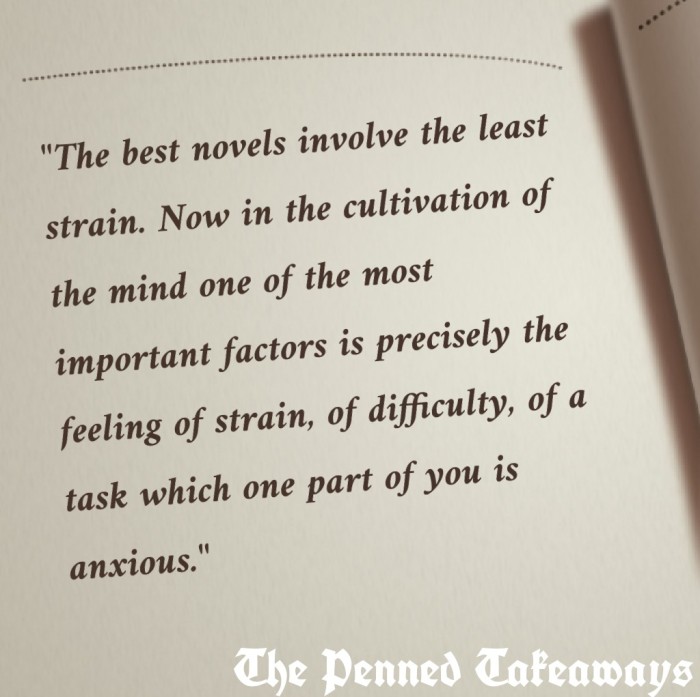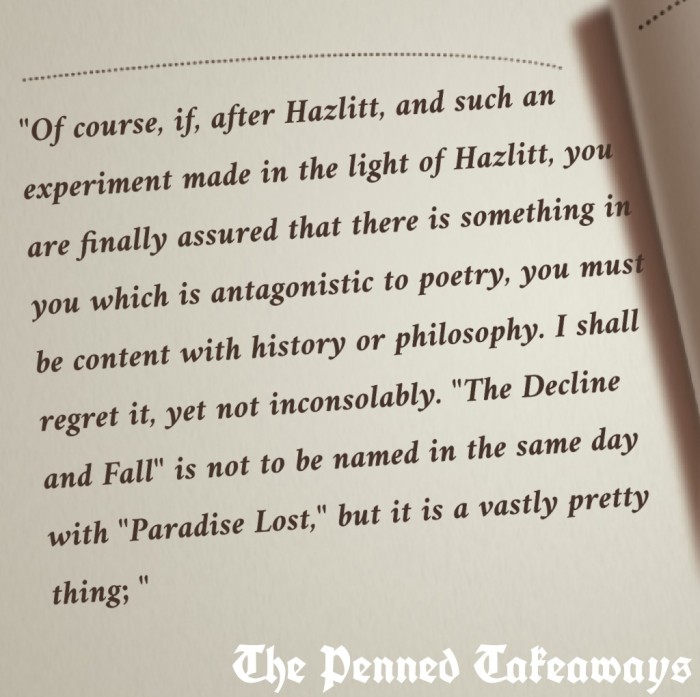Man, since time immemorial, has found a steady companion in the exercise of reading.Whether to brush away a distressed hour or to awaken sensations in an idle one, he has, time and again relied on its comforting powers. It would be a safe assumption to make, henceforth, that reading has served as a certain form of evasion where domestic and other affairs were left far behind.
From an aspiring writer to a budding actor to a number-crunching accountant to a neurologist (and at this point Oliver Sacks crosses one’s mind), a considerable part of the existence has found solace in its environs. The birth of the Austens and the Brontes, the prose and the poetry, the paperbacks and hardcovers and in the recent times to the more advanced idea of e-books have served the inadequacy, if any.
However, it is also as much a matter of baffling uncertainty to be living in times where there is no dearth of reading material and no serious concerns regarding accessibility, whatsoever. The ever burgeoning to-be-read bookshelf stares write down and holds one in contempt for having sat there since forever. This, specially, being the case with heavy reads. The undeniable urge to satiate our appetite with a Nicolas Sparks and leave Fyodor Dostoevsky be, collecting dust, rules the better parts of us.
Today’s takeaway is from Arnold Bennett‘s How to live on 24 hours a day published in 1910 as a part of larger volume titled How to Live. This piece has stood the test of time and many have hailed it as perfection. But truly, no art is bereft of criticism and, therefore, not much attention should be paid to that sort of judgement.
However, there are certain interesting takes among which “serious reading” is one.
For the light readers, the first line itself would serve as a deterrent to go any further.
 And then the immediate defence,
And then the immediate defence,
Reading, for the most parts, is considered as an act of entertainment by many. And from this idea stems the need for something that does not result in much strain on the faculties. But, that is, precisely why reading will never serve its actual purpose.
Bennett believed that if one aims at growth, one’s reading habits should not be limited to prose. Poetry, in his opinion, is the door that leads to the cultivation of mind.
His polite urges to consider poetry even if it has not been one’s preferred form of reading is compelling. He, however, does not impose his choices as the be all and end all of growth and recognizes and the beauty and genius of other forms.
In the modern times, reading has become more of a random affair than a concentrated one. We move from divorce news to celebrity spats to local scuffles to book reviews to cinematic releases within a matter of minutes. Binge reading is in vogue where one wolfs down one book after another. Now that’s fairly understandable but this involves fast reading and skipping which completely kills the purpose. Reading and contemplation should go hand in hand.

The brain, usually, registers masterpieces as something scary. The chances of it advocating Milton over Dickens are bleak. However, Bennett takes a completely different stand on the issue.

The book also seeks to explore Literature, arts, philosophy and self-discipline which rest at the core of this piece. A definitive read if 24 hours are not serving their purpose for you.
Happy reading..!




